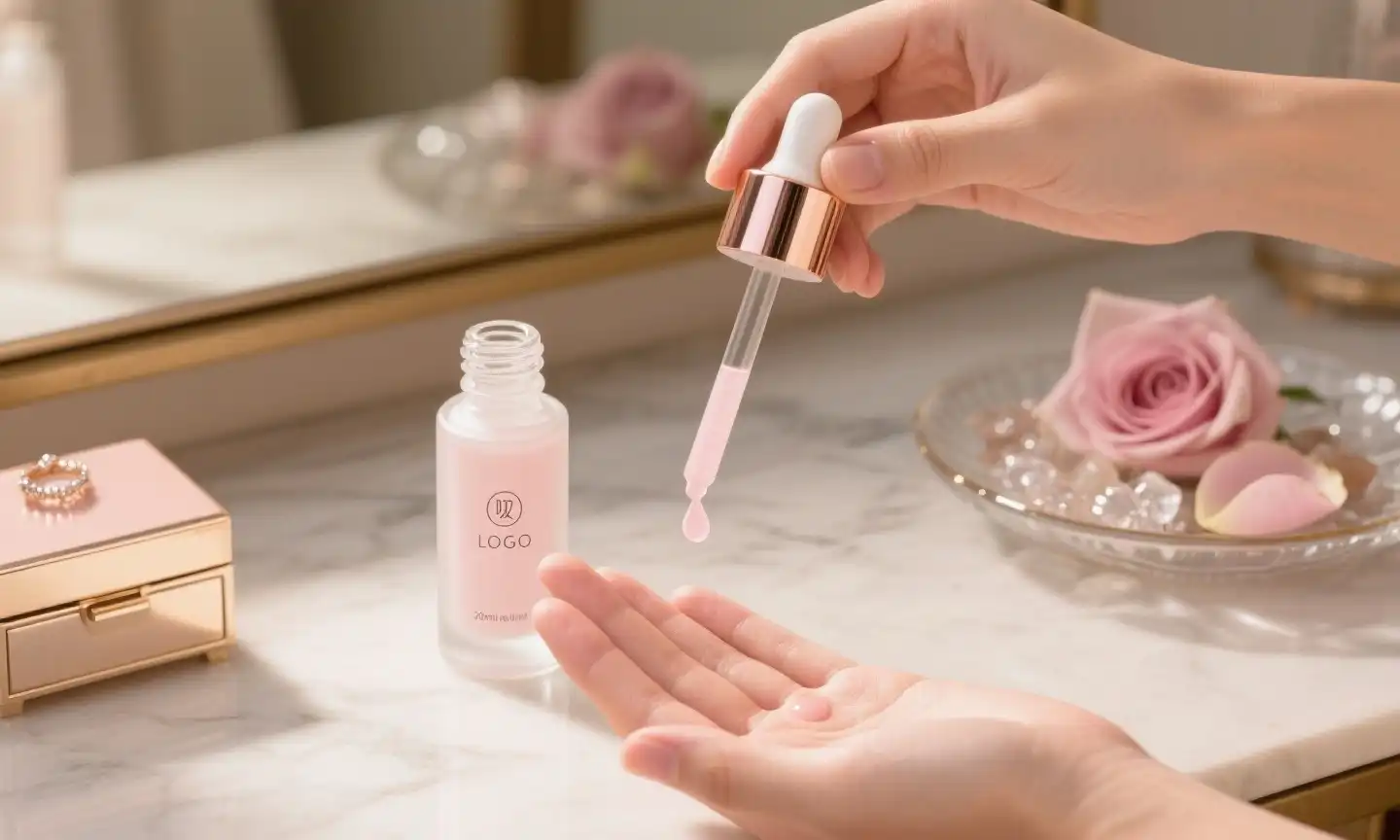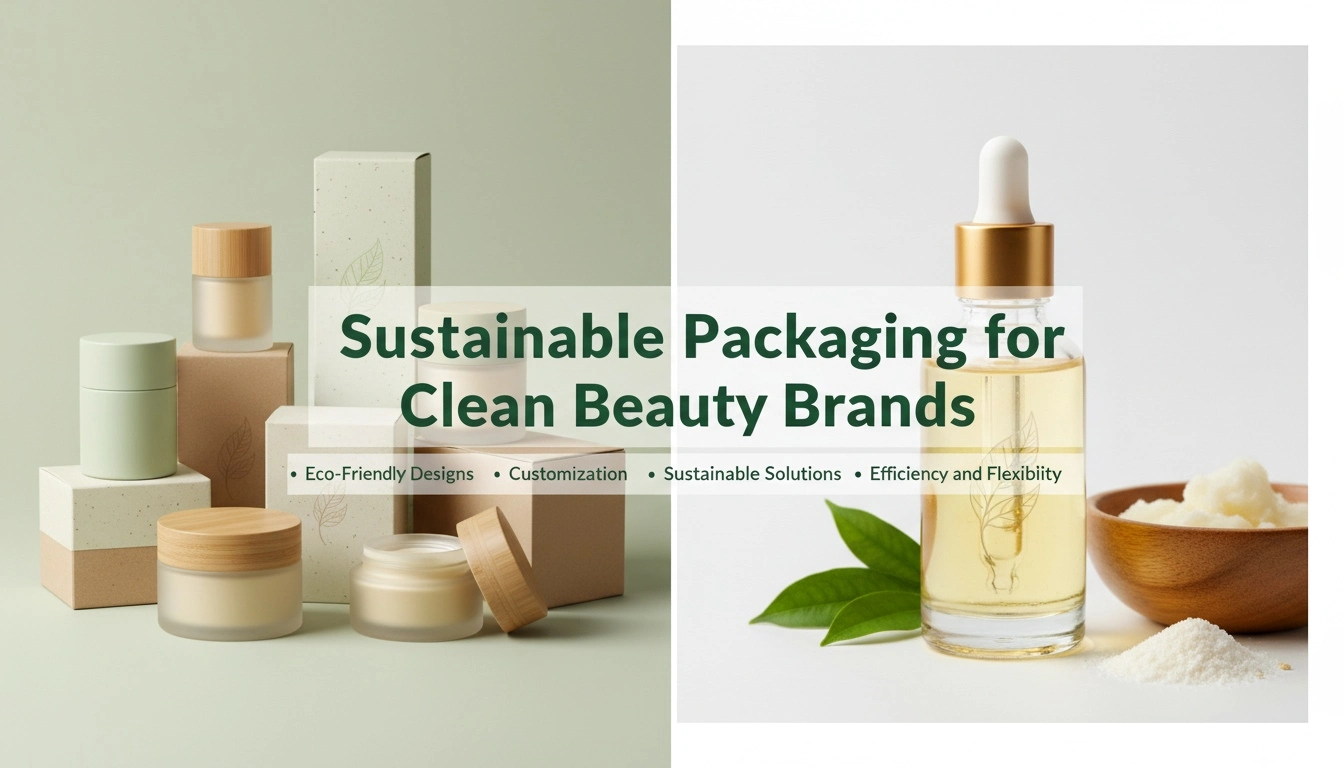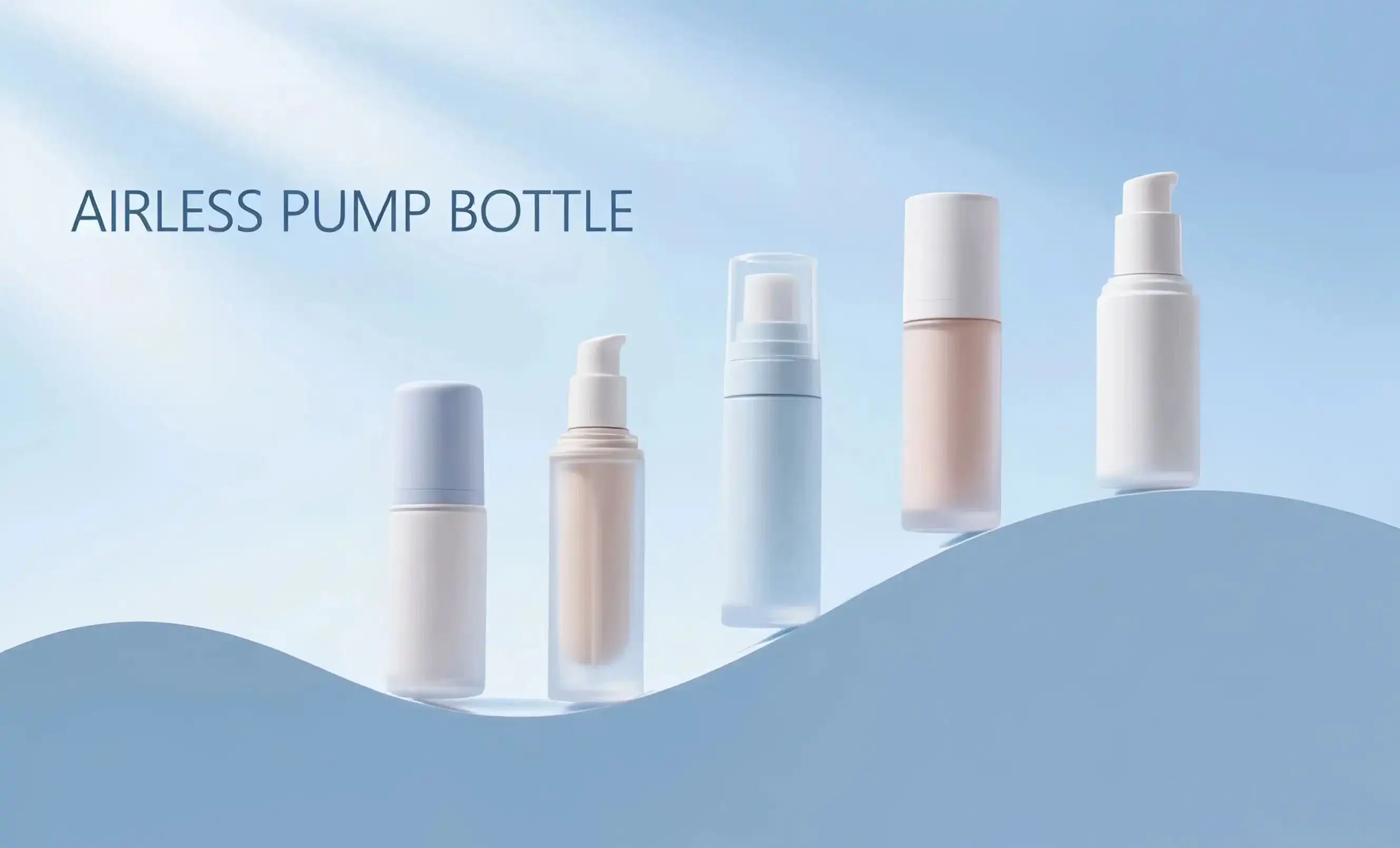Essential Oils in Dropper Bottles: Best Blends and Dilution Tips
Essential oils are among the most popular substances stored in glass dropper bottles. These concentrated plant extracts benefit from the protection and precision that dropper bottles provide. When using essential oils in dropper bottles, it's crucial to understand proper blending and dilution techniques to ensure safe and effective use.
Creating Effective Essential Oil Blends
Blending essential oils allows you to create unique aromas and harness the synergistic effects of different oils. Some popular blends include:
- Lavender and Peppermint for stress relief
- Eucalyptus and Tea Tree for respiratory support
- Lemon and Rosemary for focus and energy
When creating blends, start with a few drops of each oil and adjust according to your preferences. The dropper bottle allows for precise measurements, ensuring consistency in your blends.

Proper Dilution Techniques
Essential oils are highly concentrated and should be diluted before applying to the skin. A general rule of thumb is to use a 2% dilution for adult topical use, which translates to about 12 drops of essential oil per ounce (30 ml) of carrier oil. Common carrier oils include:
- Jojoba oil
- Sweet almond oil
- Fractionated coconut oil
Using a glass dropper bottle for your diluted oils ensures easy application and helps preserve the integrity of the blend.
Can You Use Dropper Bottles for Serums and Skincare?
Absolutely! Glass dropper bottles are excellent for storing and dispensing serums and other skincare products. The dropper mechanism allows for precise application, which is particularly beneficial for potent formulations where a little goes a long way.
Benefits of Using Dropper Bottles for Skincare
There are several advantages to using glass dropper bottles for your skincare products:
- Precise dosage: The dropper allows you to dispense exactly the amount you need, preventing waste and ensuring consistent application.
- Protection from air and light: Many glass dropper bottles are made with dark or amber glass, which helps protect light-sensitive ingredients from degradation.
- Hygiene: The dropper mechanism minimizes contact between the product and your hands, reducing the risk of contamination.
- Elegant presentation: Glass dropper bottles lend a luxurious feel to skincare products, enhancing the user experience.
Types of Skincare Products Suitable for Dropper Bottles
While many skincare products can be stored in dropper bottles, some are particularly well-suited to this packaging:
- Facial serums
- Facial oils
- Eye treatments
- Vitamin C products
- Hyaluronic acid solutions
These products often contain potent active ingredients that benefit from the precise application and protection offered by glass dropper bottles.
DIY Recipes: Homemade Tinctures for Glass Dropper Bottles
Creating your own tinctures is a rewarding way to harness the power of herbs and plants for health and wellness. Glass dropper bottles are ideal for storing and using these homemade preparations.
What Are Tinctures?
Tinctures are concentrated liquid extracts of herbs or other plant materials, typically made using alcohol as a solvent. They offer a convenient way to consume herbs and are known for their long shelf life.
Basic Tincture Recipe
To make a basic tincture:
- Fill a clean glass jar 2/3 full with your chosen dried herb.
- Cover the herbs completely with 80-proof vodka or other drinking alcohol.
- Seal the jar and store in a cool, dark place for 4-6 weeks, shaking daily.
- Strain the liquid through cheesecloth into your glass dropper bottles.
This method works well for herbs like echinacea, chamomile, or peppermint.
Using Your Homemade Tinctures
Once your tincture is in a dropper bottle, it's easy to use. Typical dosage is 1-2 dropperfuls (30-60 drops) in a small amount of water, taken 2-3 times daily. Always consult with a healthcare professional before using any new herbal preparation.
Safety Considerations
When making and using homemade tinctures, keep the following in mind:
- Use only food-grade alcohol and high-quality, organic herbs.
- Label your dropper bottles clearly with the contents and date of preparation.
- Store your tinctures in a cool, dark place to preserve their potency.
- Be aware of potential herb-drug interactions if you're taking medications.
In conclusion, glass dropper bottles offer a versatile and effective solution for storing and dispensing a wide range of liquids, from essential oils and skincare products to homemade tinctures. Their precision and protective qualities make them an excellent choice for both personal use and professional applications in the beauty and wellness industries.
For skincare brands, makeup brands, and cosmetics manufacturers looking to elevate their packaging game, Topfeelpack offers advanced airless bottles designed to prevent air exposure, maintaining product effectiveness and ensuring a longer shelf life. Our commitment to sustainability, fast customization, competitive pricing, and quick delivery make us an ideal partner for your packaging needs. Whether you're a CEO looking for innovative packaging solutions, a product manager seeking functional designs, or a brand manager focused on aligning packaging with your brand image, Topfeelpack has you covered.
Ready to explore how our glass dropper bottles and other packaging solutions can enhance your product line? Contact us at pack@topfeelgroup.com to learn more about our custom solutions and how we can support your brand's growth and sustainability goals.
References
- Johnson, A. (2022). The Complete Guide to Essential Oil Blending. Aromatherapy Journal, 45(2), 78-92.
- Smith, R. (2021). Skincare Packaging: Trends and Innovations. Cosmetic Design Magazine, 18(4), 112-125.
- Brown, L. (2023). DIY Herbal Remedies: From Tinctures to Teas. Natural Health Quarterly, 37(1), 45-59.
- Davis, M. (2022). The Science of Serum Formulation and Packaging. Journal of Cosmetic Science, 73(3), 301-315.
- Wilson, E. (2021). Sustainable Packaging in the Beauty Industry: Challenges and Solutions. Green Beauty Report, 9(2), 67-81.
- Thompson, K. (2023). Precision Dosing in Skincare: The Role of Dropper Bottles. Dermatology Today, 56(4), 189-203.

 - 副本_1745399213966.webp)

_1747827716538.webp)

